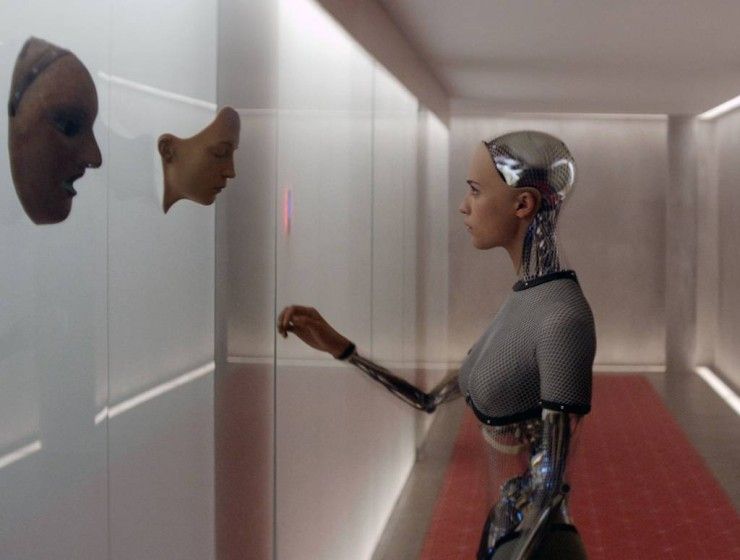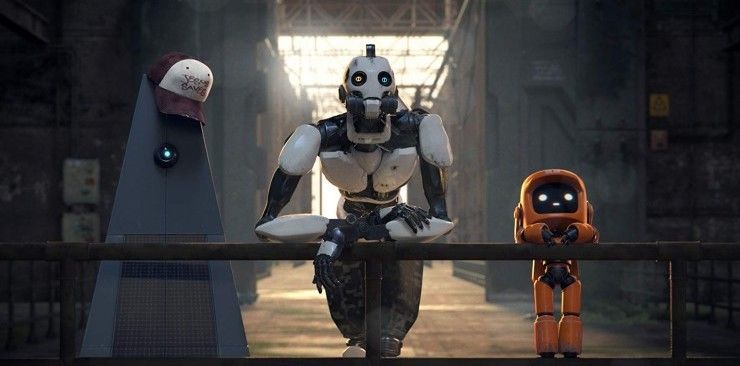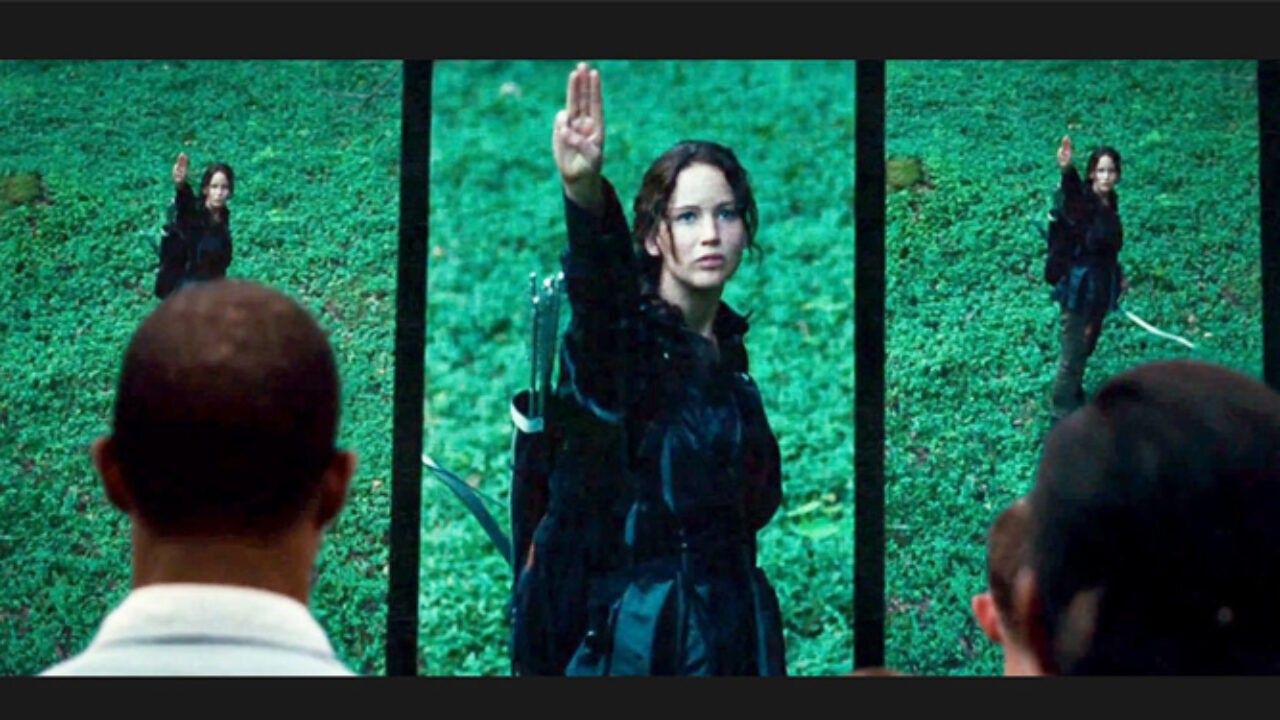The film and television industry is constantly evolving, why should execs not be replaced?
I was having a conversation with my friend Evan Littman, who runs Get Made Consulting, about what AI means to screenwriters. Throughout the conversation, he mused that it seemed more practical for these large companies not to try to replace writers but to replace executives with this new technology.
As much as we laughed at this sentiment, it sort of felt like the natural progression.
A few months ago, I was allowed to try a software where you load in a script, and then it spits out packaging ideas, budget ranges, and comps for what the movie would do at the box office. That was just trial software.
These huge corporations are already taking some of what executives do and replacing them with computers. Warner Bros. signed a deal with Cinelytic to pick release dates, marketing campaigns, and actual distribution based on big data. Now, 20th Century Studios worked with Google to use machine learning to help them predict audience reactions.
New technologies and innovations are reshaping the way stories are told and experienced. As AI continues to advance and become more sophisticated, it raises questions about the role of human creativity and the value of the guidance provided by film and television executives.
That means we have to ask the same question of executives as they’ve been asking about other creatives…
What a Film and TV Executive Must Do if They Don’t Want To Be Replaced by AI?
While AI technology is advancing rapidly and may impact certain aspects of the entertainment industry, there are still areas where human creativity, decision-making, and interpersonal skills are indispensable.
But if you’re an executive, you have to outwork and outlast.
How did we get here?
A Changing Industry: The Rise of AI
The film and television industry has always been quick to adopt new technologies that enhance storytelling and streamline the production process. From the introduction of CGI in the 1990s to the growing prevalence of virtual reality in recent years, technology has played a significant role in shaping the way content is created and consumed.
The executives who lasted these big changes were the ones that understood what was going on and kept their fingers on the pulse.
AI has the potential to revolutionize various aspects of film and television production, and it raises questions about the future of human creativity and the role of film/TV executives in the creative process.
I firmly believe Hollywood needs human beings working here. And that’s why I want executives to realize they have to step up their game to stick around.
The Impact on Human Creativity and Collaboration
While the advancements in AI are undeniably impressive, they also raise concerns about the future of human creativity in the film and television industry. Many worry that the reliance on AI-generated content could lead to a loss of originality and creative expression, as stories become more formulaic and driven by data analysis rather than human emotion and imagination.
I’m worried that AI will just never understand the zeitgeist or gut reactions to certain ideas.
Because machine learning has no actual experience, it cannot bring us real stories that involve nuanced emotions.
That takes writers, and it takes great executives to help writers reach their fullest potential.

The Role of the Film/TV Executive in the Age of AI
In this rapidly changing landscape, film and television executives need to adapt their approach to providing feedback and guidance to creatives. To remain relevant and valuable in the industry, executives must focus on fostering a collaborative environment that encourages originality and human expression.
Here are some suggestions on the kind of notes a film/TV executive should give to avoid being replaced by AI.
These suggestions also mirror the kins of execs I’d like to work with in the future.
Emphasize the Importance of Authenticity
In a world where AI-generated content can often feel formulaic and derivative, film/TV executives need to encourage writers and creatives to prioritize authenticity in their storytelling.
Are they challenging themselves to meet with writers who are not just entertaining but also putting the human experience into their writing?
This means focusing on the development of unique characters, engaging dialogue, and emotionally resonant narratives that resonate with audiences on a deeper level.
Encourage Risk-Taking and Experimentation
Make a few weird projects a year that represent something outside the box or challenge you in some way.
To prevent the industry from becoming stagnant and overly reliant on AI-generated content, film/TV executives should encourage creatives to take risks and explore new storytelling techniques.
By pushing the boundaries of what is possible in film and television, industry professionals can continue to innovate and create content that is both engaging and thought-provoking.
Also, you could find new box office draws or streaming possibilities if you’re willing to play in a new sandbox.

Foster Development and Mentorship
I think this might be the one thing no one does anymore. Why is there no one who wants to develop anything anymore?
Development used to be the backbone of how Hollywood worked. Writers and directors brought ideas to executives, and then they paid them to flesh them out until they had a script everyone was happy about.
From there, you would then find actors and make something.
But now, execs don’t develop. They just try to bid on finished packages.
Want to survive a computer takeover, be the executive who knows how to develop a story, package it yourself, and make sure people are paid the whole way. Creatives will want to work with you. And you will have projects that came out of a supportive environment that encourages collaboration and mentorship, allowing writers and other creatives to grow and develop their skills together.
Champion the Value of Human Creativity
Come be on my side, before it’s too late. Film/TV executives should continually advocate for the importance of human creativity in the face of advancing AI technologies.
By championing the unique abilities of writers, directors, and other creative professionals, executives can help ensure that the industry continues to prioritize human expression and originality over data-driven, AI-generated content.
We are in this together. AI isn’t just coming for one of us, it’s coming for us all. And we can take steps to support each other and keep our jobs in a shrinking industry or we can separate and watch the industry we love crumble.

The Future of Film/TV Writing and AI
As the film and television industry continues to evolve, it’s clear that AI will play an increasingly significant role in the creative process. However, industry professionals need to strike a balance between embracing the potential of AI and preserving the value of human creativity.
We matter more than the machines!
By focusing on fostering collaboration, encouraging risk-taking, and championing the importance of human expression, film/TV executives can help ensure that the industry continues to thrive and produce engaging, original content that resonates with audiences worldwide.













